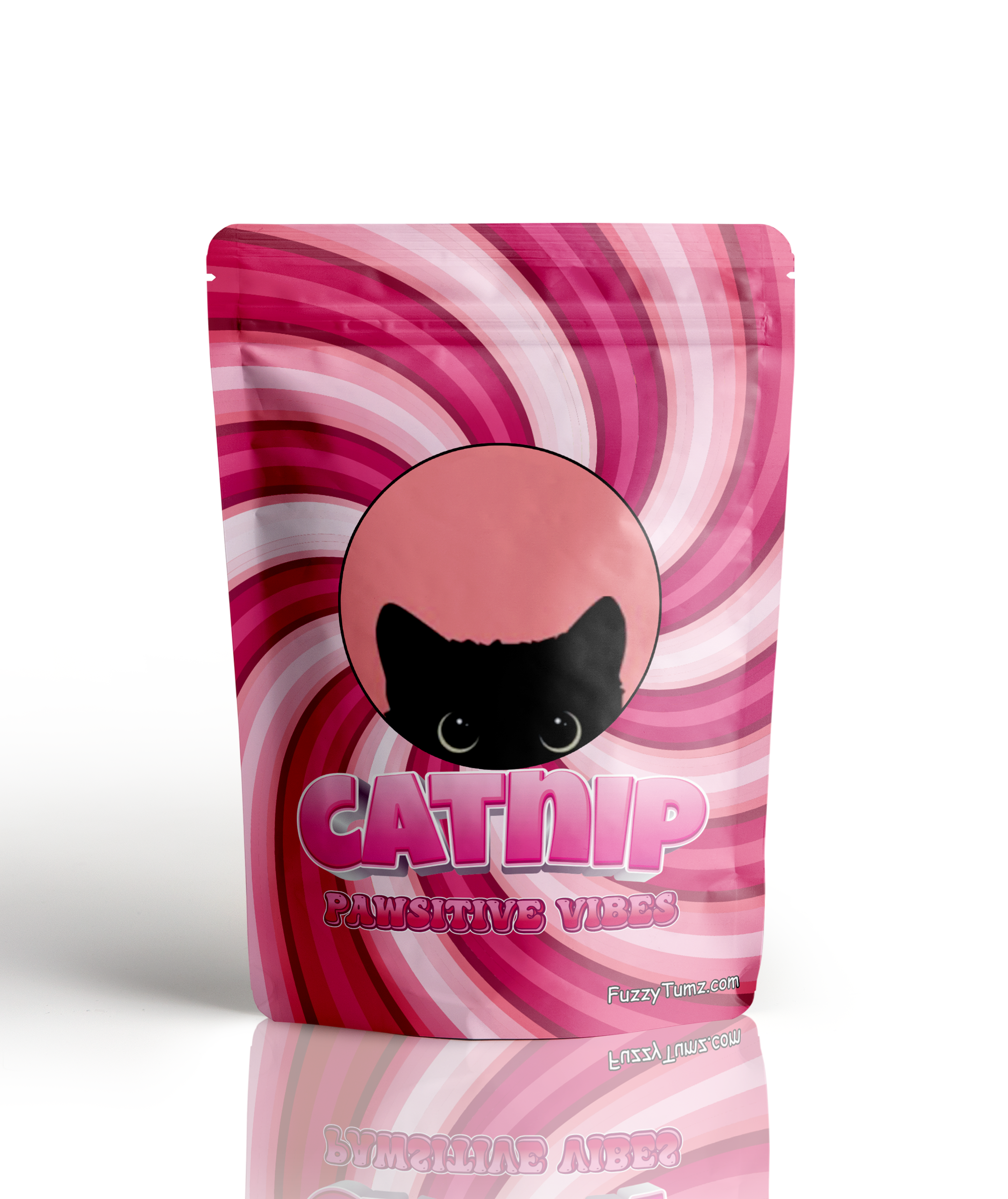Home » Cat Plants » Is the Clusia Rosea Plant Harmful to Cats?

Clusia rosea, also known as the autograph tree, pitch apple, or Scotch attorney, is a tropical flowering plant native to the Caribbean, Mexico, and parts of South America.
While this plant is often grown as an ornamental tree or houseplant, cat owners should be aware that Clusia rosea is toxic to cats.
Ingestion may cause mild gastrointestinal upset, but is generally not life-threatening.
Ingestion can result in mild symptoms like vomiting, diarrhea, or drooling. Rarely fatal but may require veterinary care.
Eating these plants can lead to more pronounced symptoms like abdominal pain, lethargy, or difficulty breathing. Veterinary intervention may be necessary.
Ingesting even small amounts can cause severe symptoms like organ damage, seizures, or cardiac failure without rapid treatment.
All parts of these plants are extremely poisonous to cats and can quickly lead to death, even with immediate veterinary care.
** Please note: Please note that toxicity level can vary based on the amount ingested and the specific cat. It's always best to keep these plants completely inaccessible to cats and seek immediate veterinary care or call the poison hotline if you suspect your cat has ingested any part of a toxic plant.
If your cat has ingested any part of a Clusia rosea plant, watch for these potential symptoms:
Symptoms are usually mild to moderate. However, if your cat shows severe or prolonged digestive issues, contact your veterinarian.
If you suspect your cat has eaten Clusia rosea, take them to the vet for an examination. Your vet will likely:
Most cats recover with basic treatment. For more information, see the ASPCA guide to Clusia rosea toxicity.

A: Yes, cats can be allergic to Clusia Rosea. Symptoms of an allergic reaction may include itching, sneezing, and skin irritation.
A: Yes, Clusia Rosea is toxic to cats. Ingesting any part of this plant can cause symptoms such as vomiting, diarrhea, and drooling.
A: Symptoms of Clusia Rosea poisoning in cats include vomiting, diarrhea, excessive drooling, and abdominal pain. Immediate veterinary care is recommended if ingestion is suspected.
A: To prevent contact, ensure that Clusia Rosea is not present in your home or garden. Keep your cat indoors or monitor outdoor activities closely to avoid exposure.
A: If your cat ingests Clusia Rosea, contact your veterinarian immediately. Do not induce vomiting unless instructed by a veterinary professional. Immediate medical attention is necessary.
A: Yes, Clusia Rosea is commonly found in gardens and as an ornamental plant. It is important to ensure this plant is kept out of reach of cats to prevent accidental ingestion.
Clusia rosea was first described by botanist Nicolas von Jacquin in 1760. The genus Clusia is named after Charles de l’Écluse, a French botanist from the 16th century.
This plant has long been admired for its thick, leathery leaves that can be “autographed” by scratching the surface. It is commonly grown as an ornamental in tropical areas around the world.
Please note: The information shared in this post is for informational purposes only and should not be considered as veterinary medical advice.
